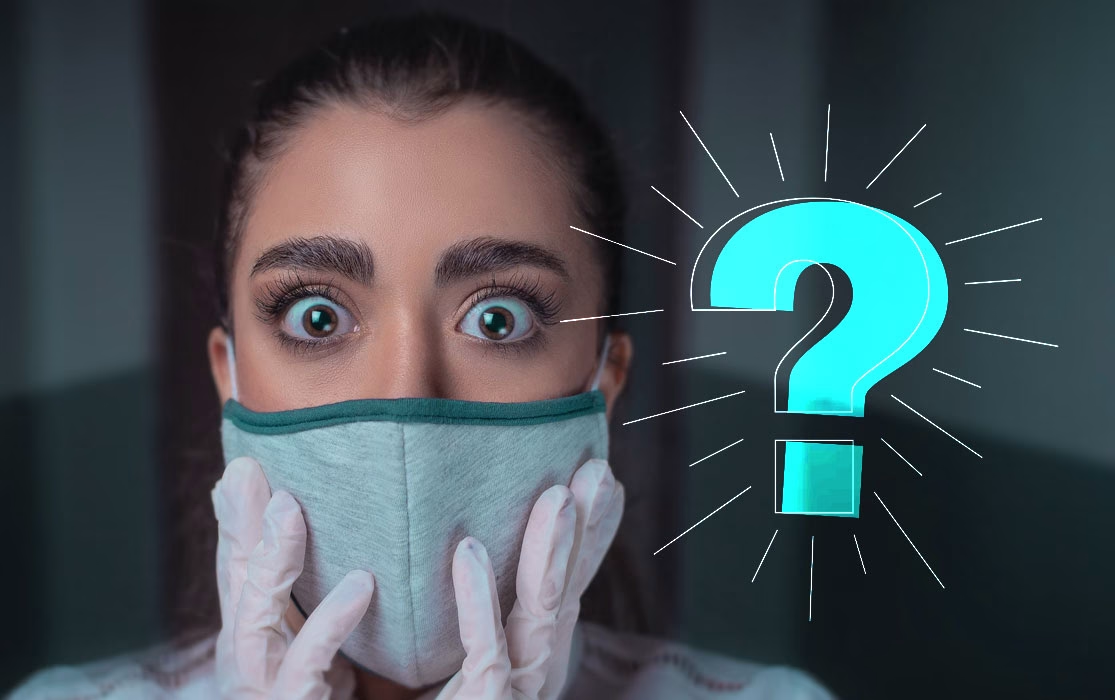When Should You See a Urologist for PE?
Premature ejaculation (PE) is a common concern, but many men aren’t sure whether it’s worth seeing a specialist. You might have tried breathing techniques, pelvic floor exercises, or even over-the-counter sprays, but if nothing has worked, a urologist could be the next step.
The short answer? Yes, a urologist can help with premature ejaculation, especially if:
- The problem is persistent and distressing
- You suspect an underlying medical cause
- Lifestyle changes and behavioral techniques haven’t worked
In this article, we’ll explain how urologists diagnose and treat PE, what to expect during a visit, and alternative options if specialist care isn’t available.
Before reading the rest of this article, I recommend you also have a quick look at: How to Last Longer in Bed
What Causes Premature Ejaculation?
Before determining if a urologist can help, it’s important to understand the possible causes of PE:
1. Primary (Lifelong) PE
- Present since your first sexual experiences
- Likely due to biological factors (genetics, nerve sensitivity)
2. Secondary (Acquired) PE
- Develops after years of normal ejaculatory control
- Often linked to medical or psychological factors
Common Underlying Causes
- Hormonal imbalances (low testosterone, thyroid issues)
- Prostate inflammation (prostatitis)
- Nerve dysfunction (overactive reflex response)
- Psychological factors (anxiety, depression, stress)
- Medication side effects (SSRIs, stimulants)
How Can a Urologist Help?
A urologist specializes in male reproductive and urinary health, making them the best medical professional to assess physical causes of PE. Here’s what they can do:
1. Diagnosing the Root Cause
- Medical history review (lifestyle, sexual history, medications)
- Physical exam (checking for prostate issues, infections, or anatomical abnormalities)
- Lab tests (testosterone levels, thyroid function, STI screening)
2. Medical Treatments They May Recommend
- Topical anesthetics (lidocaine sprays to reduce sensitivity)
- Oral medications (SSRIs like dapoxetine, which delay ejaculation)
- Hormone therapy (if low testosterone is detected)
- Anti-inflammatory drugs (for prostatitis-related PE)
3. Referrals to Other Specialists
- Sex therapists (if psychological factors dominate)
- Pelvic floor physical therapists (for muscle dysfunction)
What to Expect During Your Visit
If you’ve never seen a urologist before, here’s how a typical consultation for PE might go:
Initial Discussion
- The doctor will ask about your symptoms, sexual history, and any previous treatments.
- Be honest—they’ve heard it all before, and details help with diagnosis.
Physical Examination
- May include a genital exam, prostate check (via rectal exam if needed), and blood tests.
Treatment Plan
- Depending on findings, they may prescribe medication, suggest behavioral techniques, or refer you to another specialist.
Alternative Options If You Can’t See a Urologist
Not everyone has easy access to a urologist. If that’s your situation, consider:
1. Primary Care Doctor
- Can prescribe some PE medications (like SSRIs)
- May order basic hormone tests
2. Online Telehealth Services
- Platforms like Hims or Roman offer PE treatments after virtual consultations.
3. Self-Management Strategies
- Kegel exercises (strengthening pelvic floor muscles)
- Mindfulness techniques (deep breathing, paced masturbation)
- Sensory reduction methods (thicker condoms, numbing sprays)
Final Verdict: Is a Urologist Worth It?
Yes, if:
- Your PE is severe and affecting your quality of life
- You suspect a medical cause (like prostatitis or hormone imbalance)
- Other methods haven’t worked
No, if:
- Your PE is mild and improves with behavioral changes
- Psychological factors are the main issue (a therapist may be better)
Next Steps
If you’re considering seeing a urologist:
- Track your symptoms (how often PE occurs, any triggers)
- Research local specialists (look for ones experienced in sexual health)
- Prepare questions (ask about treatment options, side effects)
Have You Seen a Urologist for PE?
If you’ve already consulted a specialist, share your experience in the comments—it might help others decide if it’s right for them.
For more expert advice on sexual health, subscribe to our newsletter.




